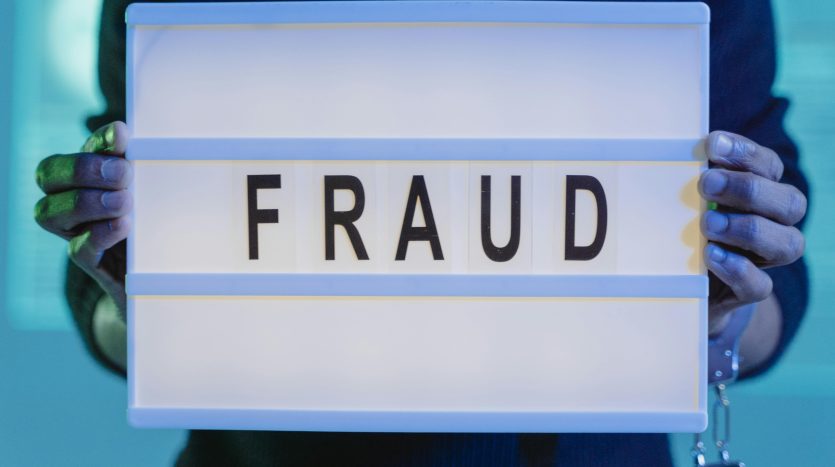How to Avoid Rental Scams: 7 Red Flags to Watch For
How to Avoid Rental Scams: 7 Red Flags to Watch For
Finding a new place to call home should be exciting, not stressful. Yet, with more people searching for rentals online, scammers are taking advantage of fast-moving markets. Rental fraud is on the rise across the UK, and falling for a scam can mean losing money, sensitive information, and peace of mind.
At Twenty20Estates, we prioritise transparency, trust, and tenant safety. Whether you’re a prospective renter or a landlord trying to protect your listings, knowing the red flags is the first step in staying safe. Here’s how to spot common rental scams before it’s too late.
1. Too Good to Be True
That beautiful three-bedroom flat in Zone 2 listed for half the average rent? It might not exist. Scammers often lure victims with “dream deals” that look great at first glance.
What to do: Always compare prices with similar listings in the area. Use trusted platforms like Twenty20Estates, where listings are based on real market data and verified for accuracy.
2. No In-Person Viewing Available
You contact the “landlord” and are told they’re “abroad” or “unavailable” but are asked to pay a holding deposit upfront. Major red flag.
What to do: Never transfer money without viewing the property in person or through a verified virtual tour. Reputable agents will always arrange a proper viewing.
3. High-Pressure Tactics to Send Money
Scammers create urgency with phrases like “many people are interested” or “it’s first-come, first-served.” The goal? To rush you into sending money without asking questions.
What to do: Legitimate letting agents won’t apply undue pressure. Take your time and use secure, traceable UK payment methods.
4. Incomplete or Suspicious Tenancy Agreements
A proper tenancy agreement in the UK should include rental terms, tenant and landlord responsibilities, break clauses, and full contact details. Vague or error-filled contracts are a red flag.
What to do: Always ask for a written agreement and review it carefully. At Twenty20Estates, we ensure all tenancy agreements are professionally prepared and compliant with current UK legislation.
5. Unverifiable Landlord or Agent
If the person you’re dealing with avoids providing verifiable ID or agency credentials, this could indicate fraud.
What to do: Check whether the letting agent is registered with a professional body such as ARLA Propertymark or The Property Ombudsman. All agents on Twenty20Estates are fully verified.
6. Listing Photos Don’t Match the Description
Highly stylised images or photos that don’t reflect the property’s location or features may have been copied from elsewhere.
What to do: Use reverse image search tools or request a real-time video viewing. At Twenty20Estates, all media is sourced directly from trusted landlords and agents.
7. Requests for Untraceable Payments
Requests for cash, gift cards, cryptocurrency, or overseas transfers with no paperwork are classic scam tactics.
What to do: Always use traceable UK payment methods. A formal tenancy agreement should always be in place before any money is exchanged.
Bonus Tip: Use a Trusted Platform
Scammers frequently operate on unregulated websites and social media. That’s why Twenty20Estates uses rigorous screening and compliance protocols, ensuring our listings are legitimate and secure for both renters and landlords.
Stay Safe, Rent Smart
Rental scams are becoming more sophisticated, but with the right knowledge, you can stay one step ahead. By using a trusted, UK-based platform like Twenty20Estates, you’re protecting both your finances and your future.
Need help navigating the rental market?
📧 Email us at hello@twenty20estates.co.uk
📞 Call us on 020 3500 4622
Or explore trusted listings at www.twenty20estates.co.uk









